Today, in The Street Finds its Own Uses for Things:
I noticed something funny when I logged into Facebook last week. My feed, which is normally filled with ads for video games, photography gear, and complicated kits for Stirling engines you can build at home, was absolutely jam-packed with ads for far-right pro-Trump merchandise, antigovernment T-shirts and posters, gun holsters, and “conservative news” sites.
And I mean jam-packed. I’ve never seen this quantity of advertising on Facebook before; literally an ad following every single friend post.
The whole secret of advertising on Facebook is you can target your ads. You can specify exactly who you want to see your ads; for example, when we ran ads for the first porn novel we co-authored, Eunice and I targeted people with an interest in reading who were 35 or younger and lived close to a university, figuring this would likely be the sort of person interested in far-future, post-scarcity science fiction smut.
So why would Facebook, that giant creepy Hydra in the cloud, show me alt-right ads when it knows I’m a lefty Portlander?
Because the advertisers know I won’t buy their products. They don’t care. That isn’t why they’re spending tens of millions of dollars on Facebook advertising.
So first, the ads.
I’ve gotten in the habit of aggressively blocking these ads when they appear, and blocking the companies that place them. Doesn’t matter. There are a zillion other companies placing near-ident0cal ads for near-identical products, and sometimes (this is a telling bit) even with the same stock photos.
The ads look lik e this:
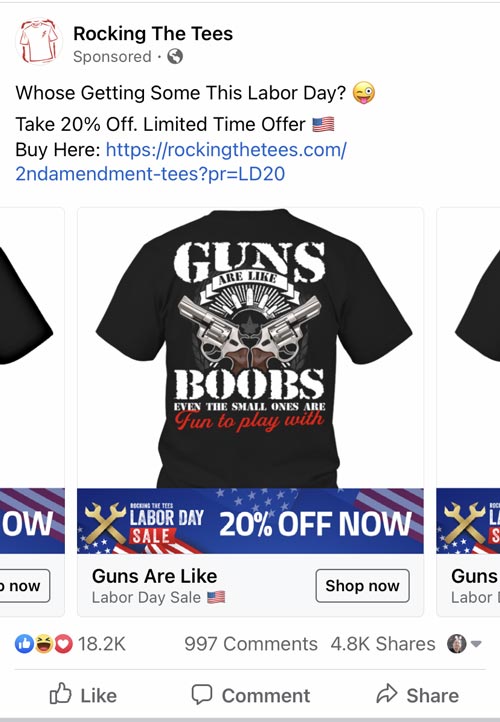
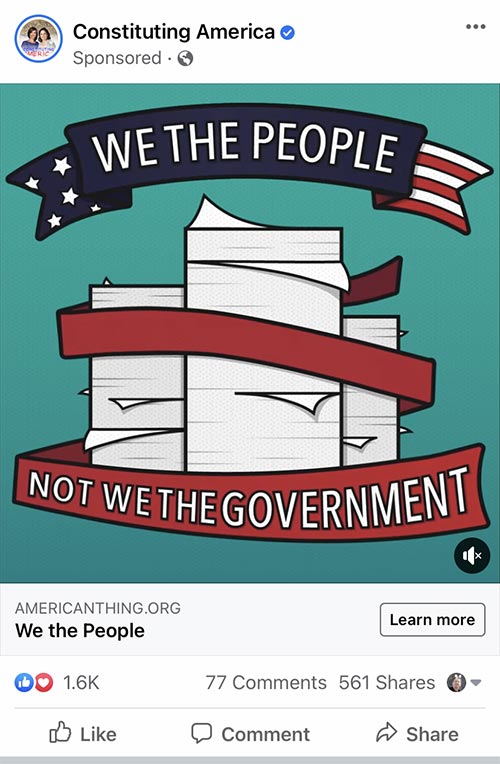
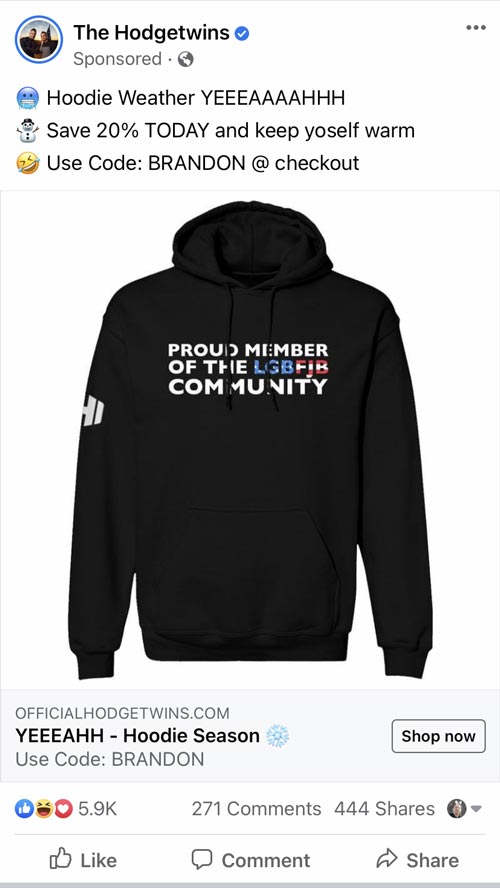
If you ask Facebook “why did I see this ad?”, Facebook will show you the demographic the ad was targeting. And these ads are completely ignoring the laser-focused demographics Facebook likes to brag about. They’re shotguns, not sniper rifles.
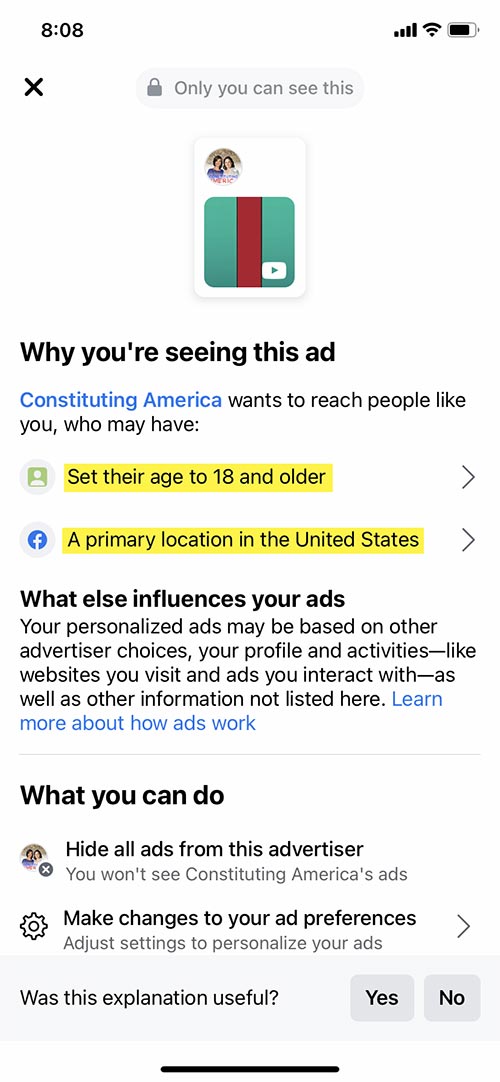
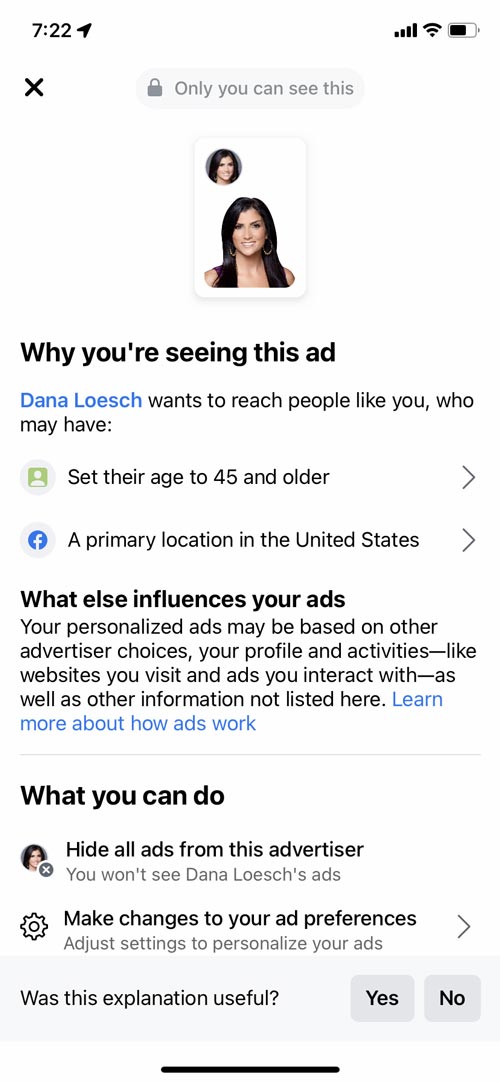
So why? What’s the point? Why target so broadly, when it increases your spend without generating sales?
So here’s the thing:
I don’t believe they’re trying to generate sales.
That’s not the point. They aren’t interested in selling you gun holsters or T-shirts. I mean, if you buy some, that’s a bonus, but I believe these ads are a propaganda effort. The purpose is to put right-wing slogans and ideas in front of as many eyeballs as possible. They’re advertising ideas, not T-shirts.
The American political right is very, very good at propaganda. Liberals sneer at “Let’s Go Brandon,” the right-wing oh-so-clever “fuck Joe Biden,” but the thing is, it works. The people who use it don’t care that it’s juvenile. It makes them feel part of something. It’s a tribal identity marker.
And human beings like feeling like part of a tribe.
The hoodie up there that says “Proud member of the LGBFJB” community? It means “Let’s Go Brandon Fuck Joe Biden.” VClever? Not really. A great identity brand for a certain kind of person? Oh yeah.
And this brand is everywhere.
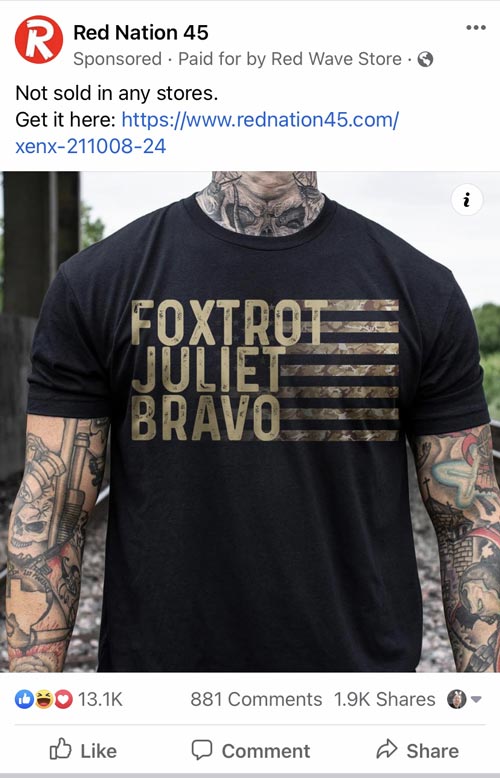
Branding and marketing and propaganda matter in political discourse. Arguably they matter more than policies and proposals and all that other wonk stuff.
They want this branding everywhere, and they’re willing to pay to make that happen.
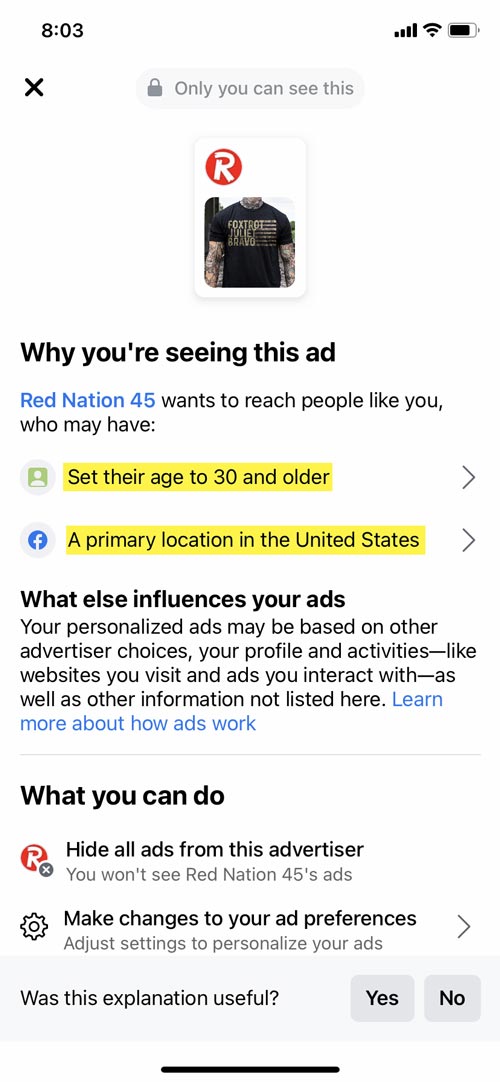
People don’t make rational decisions. People make emotional decisions and then rationalize them. Often, those emotional decisions are predicated on feelings of belonging and inclusion. The right gets that, in its creepy way. The left? Not so much.
The thing is, the political left is doing nothing to counter any of this.
Do I think this Facebook propaganda is working?
Yes. Yes, I do.
It creates the illusion that right-wing ideas are more popular than they really are. It paints a false picture of what Americal looks like and what Americans want. It lets the right dominate the discourse in ways that the left won’t even try to counter.
The modern American right is intellectually and morally bankrupt, a seething cesspool of reactionary hate. But they get propaganda. They get it on an instinctive level, in ways that confuse lefties.
And that makes them far more effective than their numbers and policies alone would suggest.

Odd. My Facebook feed is nothing like that. I actually dug into ads a little to see what is not obviously at the top, and there was absolutely no MAGA crap. (Not that the ads I did get were much more suitable — I am not in the market for cars at all.)